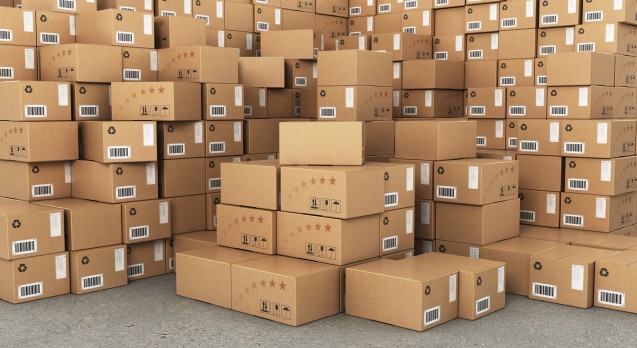Over the past five years, Amazon has slowly expanded into Latin America, testing the waters in Brazil, Argentina, Chile, and Mexico.
Despite the Seattle-based giant’s explosive success in the United States, Amazon has not yet made inroads as quickly in most of Latin America.
Part of the challenge is that Latin America already has its own e-commerce giant: MercadoLibre.
Founded in 1999 by Hernan Kazah and Marcos Galperin in Buenos Aires, Argentina, MercadoLibre is now the e-commerce site of choice in Argentina, Bolivia, Brazil, Chile, Colombia, Costa Rica, Dominican Republic, Mexico, Ecuador, Guatemala, Honduras, Peru, Panama, Uruguay, and Venezuela.
In Latin America, 47% of online shoppers buy on MercadoLibre while only 17% use Amazon. In Mexico, where Amazon offers similar services to the US, 38% of online shoppers still use MercadoLibre while just 21% use Amazon.




